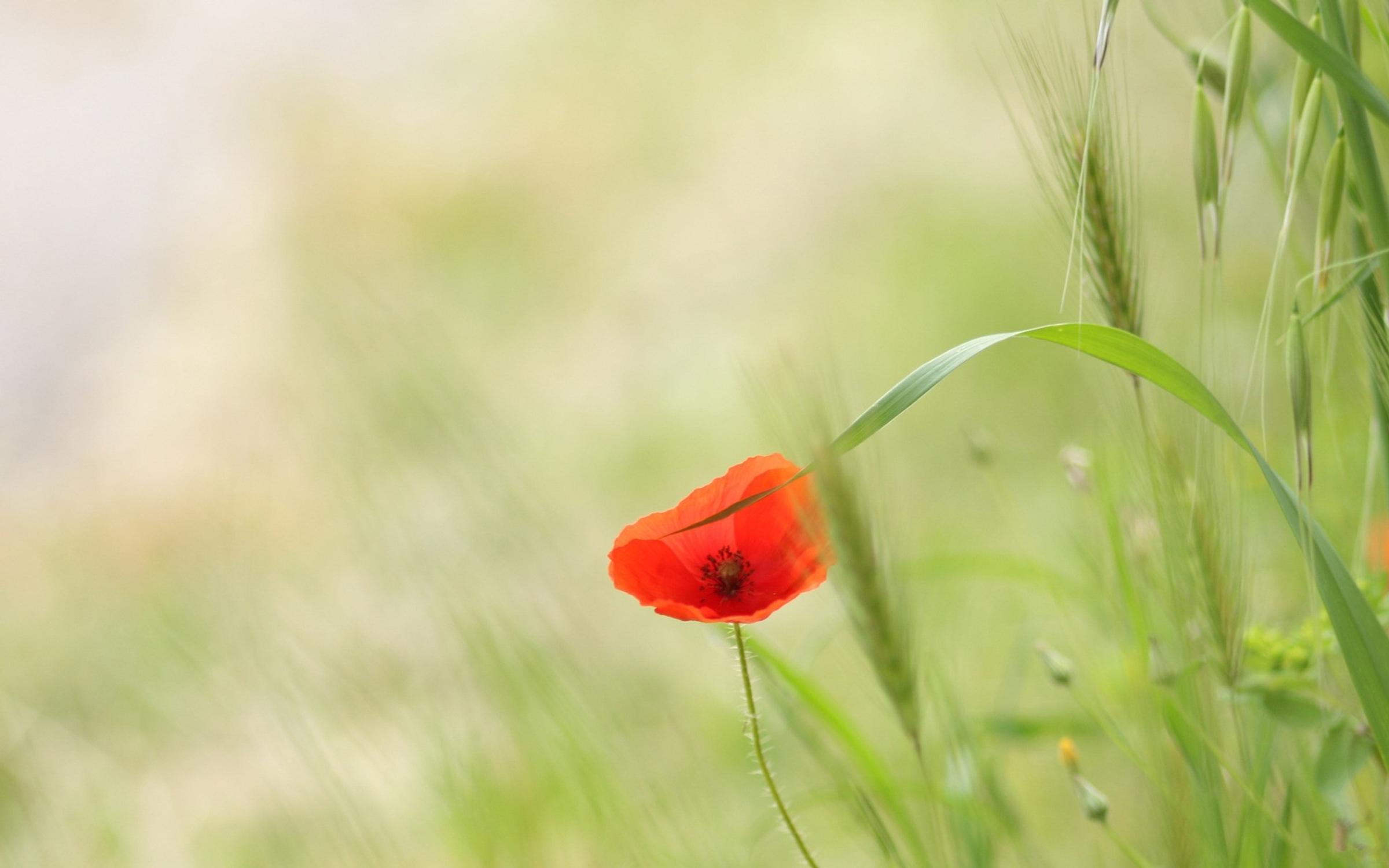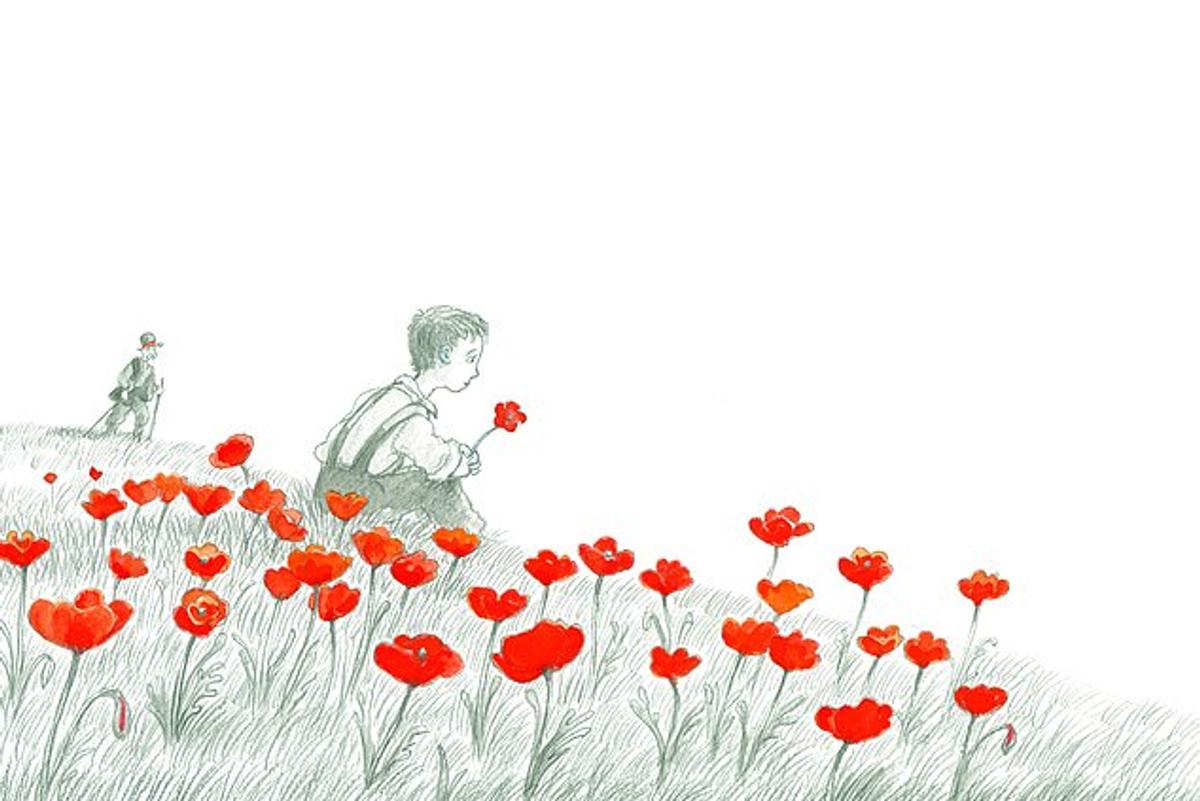SchoolTV

Discussing War and Conflict
Children are frequently exposed to distressing news through the 24-hour news cycle and social media. These experiences can provoke anxiety, especially in young minds still forming their worldviews. Parents and caregivers should be mindful of overexposure to such content as it can lead to symptoms similar to post-traumatic stress disorder. Children’s responses to trauma can vary, from being strong emotional reactions to being indifferent. It can leave an emotional imprint that can affect a child's behaviour and perception of danger.
Children need reassurance about their safety as they navigate uncertain times. Tailor conversations to your child's age and emotional maturity. Younger children benefit from simplified explanations focusing on peace, empathy, and cooperation, while older children can delve into historical events, root causes of conflict, and the complexities of international relations.
Before discussing these topics with your child, it is also important to assess your own emotions and comfort level. By staying calm and providing physical comfort will help your child regulate their own emotions. In challenging times, compassionate adults play a crucial role in helping children cope with anxiety and providing hope and understanding in our complex world.
This Special Report provides guidance on how to tackle this difficult topic and helping children understand there is still hope in our complex world. Please take a moment to reflect on the information offered, and as always, we welcome your feedback. If this raises any concerns for you, a loved one or the wellbeing of your child, please consider seeking medical or professional help.

